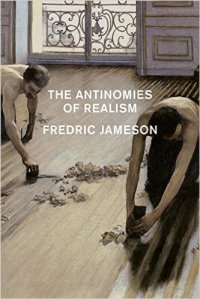In a detailed how-to piece on submitting to literary magazines, Ryo Yamaguchi says, “I write to trend, and I write against it.” In other words, pay attention to what other writers are doing, but don’t let that trap you. I recommend perusing the rest of the article, which can be found on The Michigan Quarterly Review’s delightful blog. Thanks also to The Review Review for tipping me off.
 In an earlier post on this distinguished internet thingie, I referred to an interview by editor Lincoln Michel with the esteemed and strange author Joy Williams. And what do I find today, but an excerpt of her new collection, Ninety-Nine Stories of God, courtesy of the irrepressible resource, Lithub.
In an earlier post on this distinguished internet thingie, I referred to an interview by editor Lincoln Michel with the esteemed and strange author Joy Williams. And what do I find today, but an excerpt of her new collection, Ninety-Nine Stories of God, courtesy of the irrepressible resource, Lithub.
…Which also published this thought-provoking overview of books that stimulate – some more mildly than others – the human emotion known as empathy. I’ve encountered that emotion before. It being (as I mentioned) a human trait, what little experience I did get with empathy  gave me gas. I don’t recommend it.
gave me gas. I don’t recommend it.
(The latter article points to Fredric Jameson’s scholarly tome, The Antimonies of Realism, which Lithub makes out to be a perfect object to read ostentatiously on the curb outside Lorin Stein’s apartment. They paraphrase Jameson’s opinion on the contemporary time period known as “modernity” thusly: Jameson believes that modernity creates an “irreconcilable divorce between intelligibility and experience, between meaning and existence.” Quite so! My thoughts exactly. But then again, I never assumed that meaning and existence were dating? Forgive me, but isn’t it in bad form to presume knowledge of a couple’s relationship without any verifiable evidence thereof? Harumph. Perhaps I am unforgivably antiquated in my notions about etiquette.)

